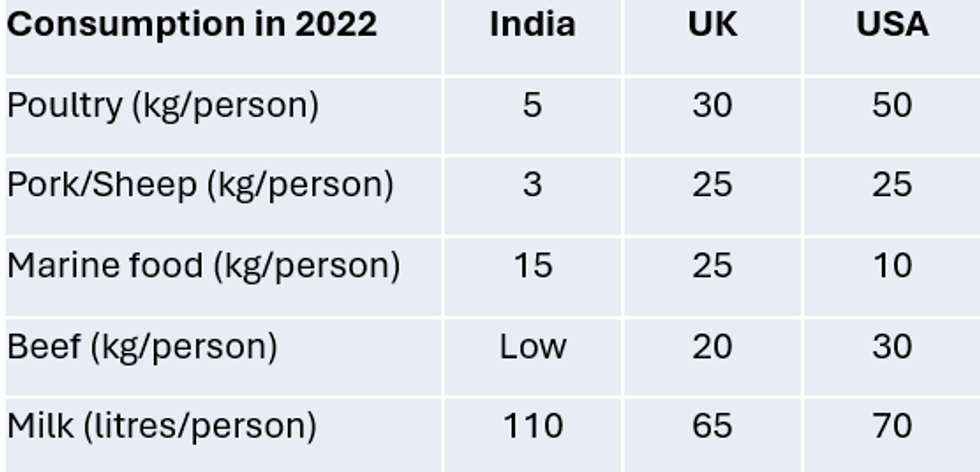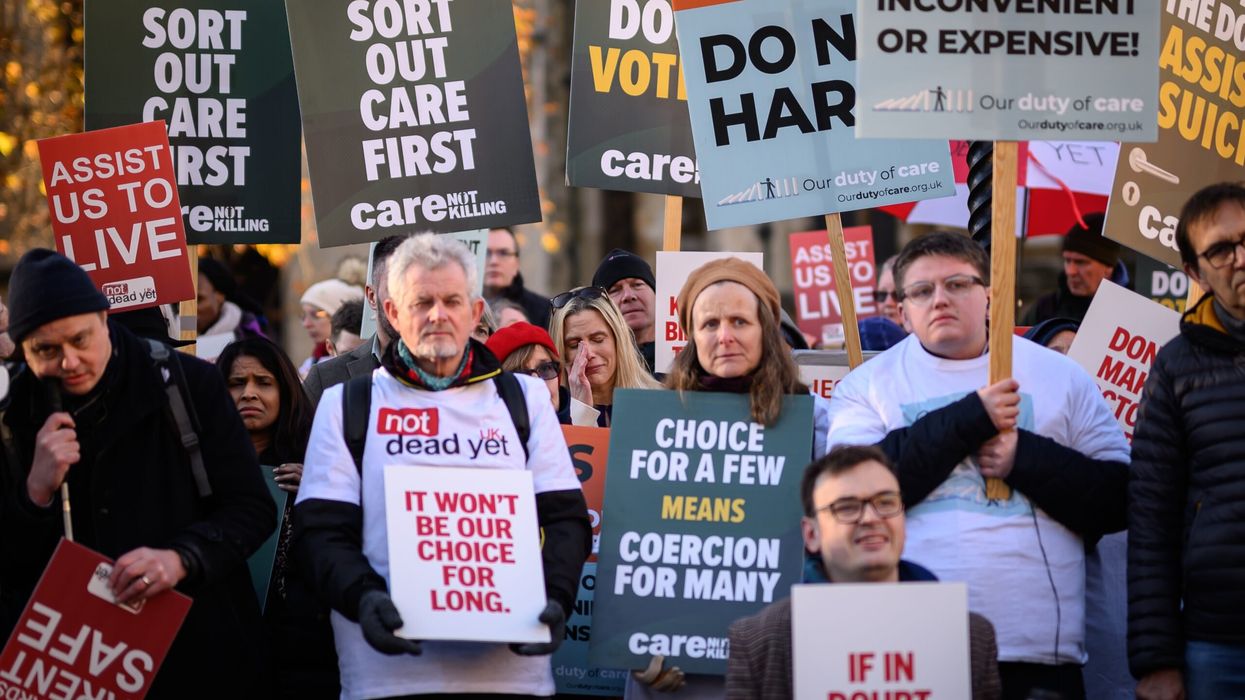IT HAS been difficult to understand the purpose and intent behind the new government’s messages during its first 100 days.
Business owners and entrepreneurs are also “working people,” yet it remains unclear whether Chancellor Rachel Reeves included these wealth creators in her broad definition. The uncertainty extends to her anticipated proposals to raise employers’ national insurance contributions.
Are the “broadest shoulders” proposed to carry the increased burden of taxation – those belonging to business owners and small- and medium-sized enterprises which represent 99.2 per cent of all of the business population in the UK?
At the start of 2023, there were 5.6 million small businesses with 0-49 employees. SMEs account for 60 per cent of total employment and around 50 per cent of all UK private sector turnover. The total employment of SMEs was 16.7 million (61 per cent of the total) while the turnover was estimated at £2.4 trillion (or 53 per cent) of all UK turnover.
Londoners alone contribute £59.3 billion to the Treasury annually, more than a quarter of the total for the whole of England. Central London’s dynamic businesses and rich culture and experiences are not merely job creators: they are critical to the UK’s global competitiveness and growth. When London prospers, so does the rest of the UK. The shoulders of wealth creating London, and its business owners and entrepreneurs should be supported and not burdened.
Even in the City of London’s square mile, 98 per cent or more of all business are SMEs and represent significant contributors to the wider UK economy and to central London, funding public services across the nation.
The City’s square mile has the highest concentration of SMEs anywhere in the UK. Their enterprise needs to be recognised, valued and rewarded.
Does the prime minister mean that central London’s businesses have the “broadest shoulders”? What does Anneliese Dodds (minister for international development and women’s equalities) mean when she promises the gov e r n m e n t will forge “a partnership with business”? Does she mean w o r k i n g with and encouraging businesses and business owners, including those who consider themselves and are certainly “working people?” Many questions require clear, straight[1]forward answers. Business owners and entrepreneurs need clarity and certainty wherever possible, but prevarication and vagueness are unhelpful – especially to investors the government claims it aims to retain and attract.
Tony MatharuAs Labour focuses on its “national mission for growth,” it is imperative it works with and supports central London and its businesses.
The challenges facing global cities like London are significant, and its businesses must have the environment and tools to recover sustainably, foster growth, and enhance their competitive edge over foreign cities to remain the best place to live, work, visit, study, and invest.
Central London and other town centres depend on a mobile population. The proposed flexible working policy threatens business recovery, as reduced commuting means fewer customers. Over 13,000 hospitality businesses have already closed since the pandemic, with four more shutting down daily this year. Businesses cannot survive on three days of real trade and two of virtual meetings. A “Zoom Americano” won’t sustain hospitality, nor will “virtual dry cleaning” replace essential services or keep cultural venues and the night-time economy alive.
Businesses know best how to support, invest in and retain their work force. Governments do not, and any impositions by government must be restricted to stimulating investment and employment. The government must support business ambition to drive growth and revitalise the economy.
(Tony Matharu is the founder and chair of Blue Orchid Hospitality, Integrity International Group, and Central London Alliance CIC)



















 Krishna often depicted with calves and bulls as much as cows!
Krishna often depicted with calves and bulls as much as cows! 



‘Business needs clarity, not chaos’
Entrepreneur seeks support amid shifting policies